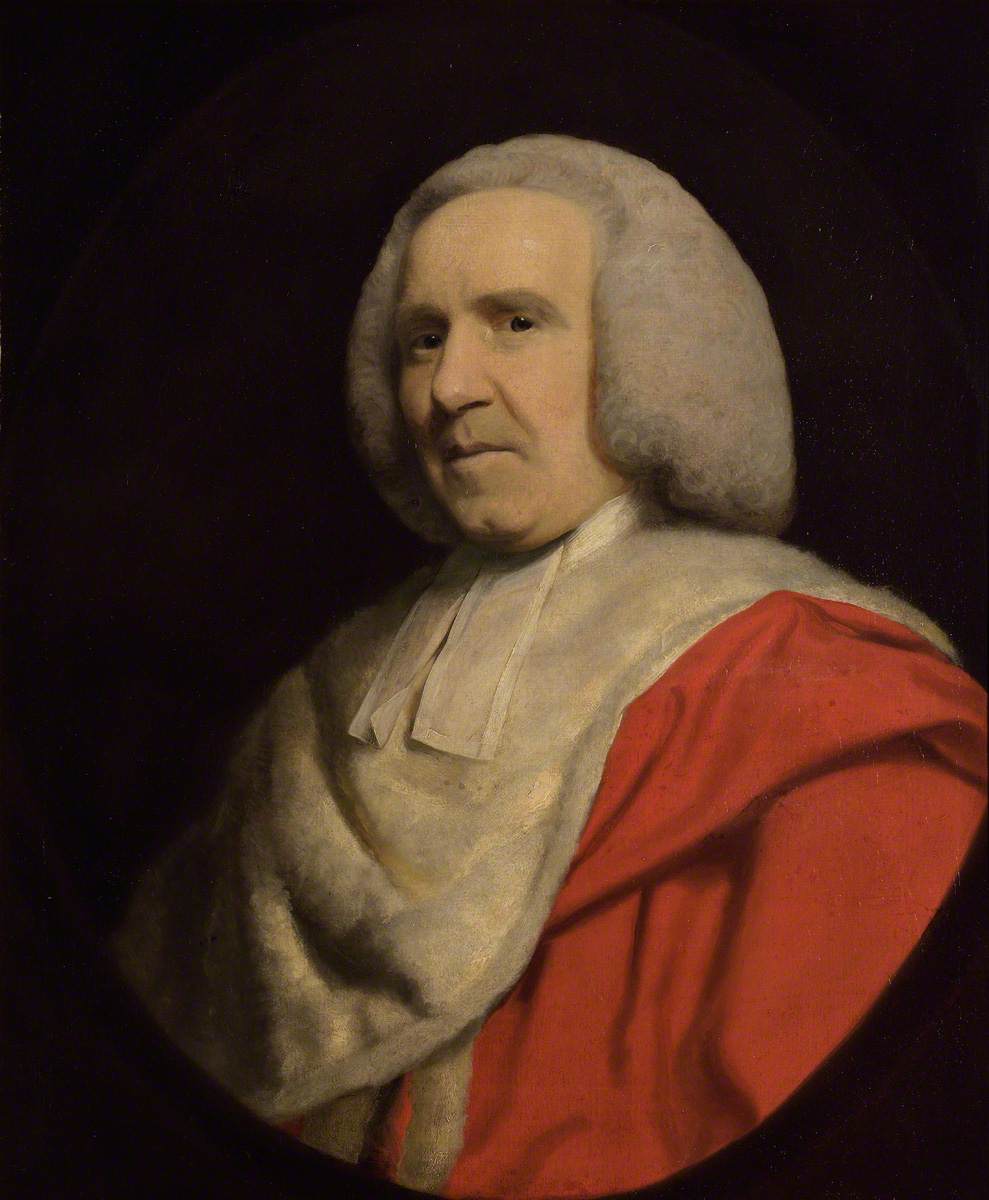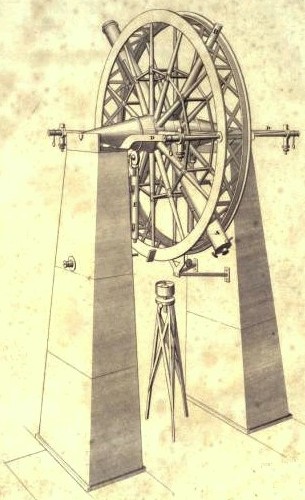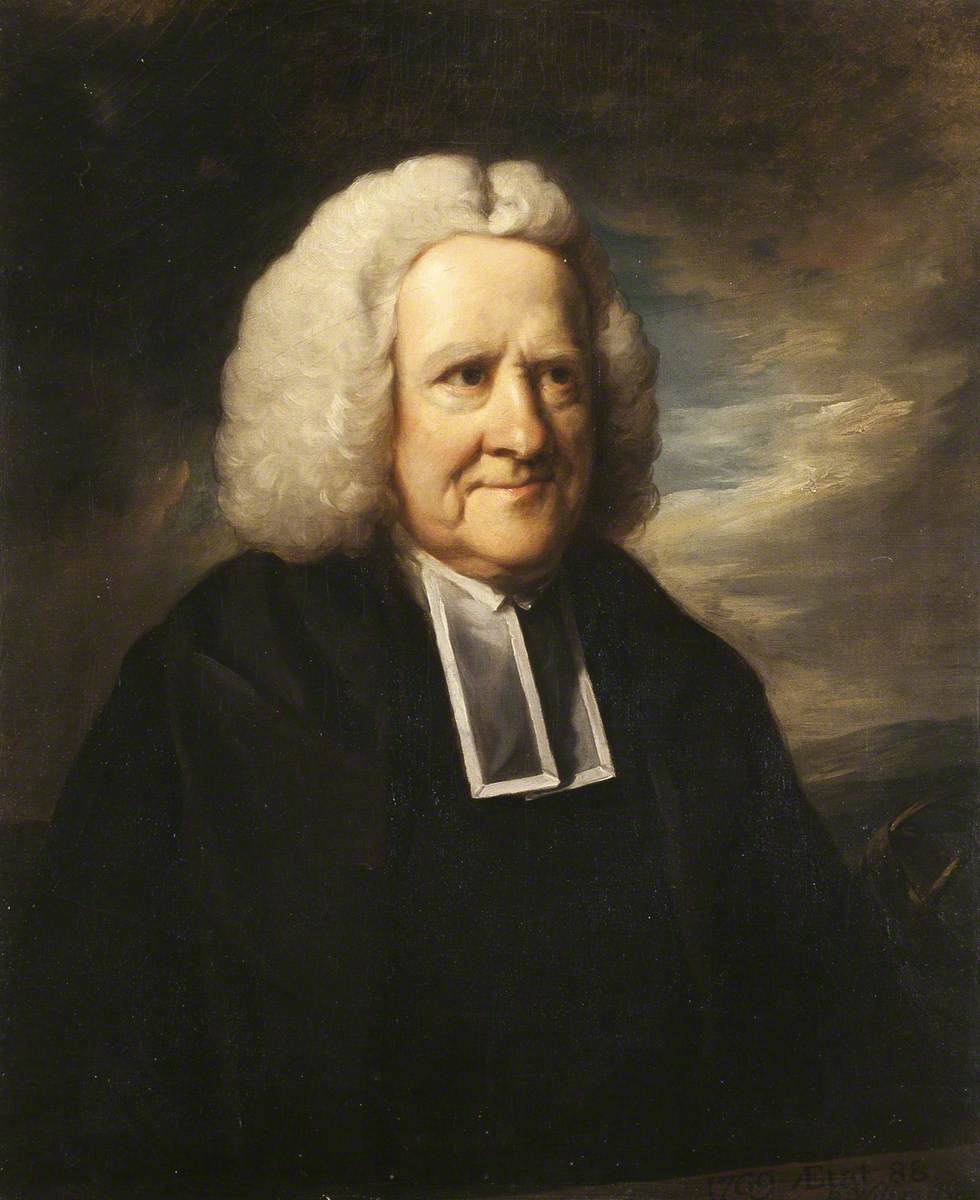|
John Smith (astronomer)
John Smith D.D. (baptised 14 October 1711 – 17 June 1795) was a British academic and astronomer. His father was an attorney named Henry Smith and his mother was Elizabeth Johnson. He was born in Coltishall, Norfolk and was educated at Norwich School and Eton.Anita McConnell,‘Smith, John (bap. 1711, d. 1795)’ Oxford Dictionary of National Biography, Oxford University Press, 2004; online edn, Oct 2009, accessed 2 Oct 2013 He was admitted to Caius College, Cambridge University in 1732. He received a B.A. in 1735/6 and an M.A. in 1739. He was successively dean (1744–1749), bursar (1750–1753), and president of the college (1754–1764). He was Master of Caius from 1764 to 1795, and Lowndean Professor of Astronomy from 1771 to 1795. He was ordained in 1739. He installed a transit telescope In astronomy, a transit instrument is a small telescope with extremely precisely graduated mount used for the precise observation of star positions. They were p ... [...More Info...] [...Related Items...] OR: [Wikipedia] [Google] [Baidu] |
John Smith By Joshua Reynolds
John is a common English name and surname: * John (given name) * John (surname) John may also refer to: New Testament Works * Gospel of John, a title often shortened to John * First Epistle of John, often shortened to 1 John * Second Epistle of John, often shortened to 2 John * Third Epistle of John, often shortened to 3 John People * John the Baptist (died c. AD 30), regarded as a prophet and the forerunner of Jesus Christ * John the Apostle (lived c. AD 30), one of the twelve apostles of Jesus * John the Evangelist, assigned author of the Fourth Gospel, once identified with the Apostle * John of Patmos, also known as John the Divine or John the Revelator, the author of the Book of Revelation, once identified with the Apostle * John the Presbyter, a figure either identified with or distinguished from the Apostle, the Evangelist and John of Patmos Other people with the given name Religious figures * John, father of Andrew the Apostle and Saint Peter * Pope John ... [...More Info...] [...Related Items...] OR: [Wikipedia] [Google] [Baidu] |
Meridian Circle
The meridian circle is an instrument for timing of the passage of stars across the local meridian, an event known as a culmination, while at the same time measuring their angular distance from the nadir. These are special purpose telescopes mounted so as to allow pointing only in the meridian, the great circle through the north point of the horizon, the north celestial pole, the zenith, the south point of the horizon, the south celestial pole, and the nadir. Meridian telescopes rely on the rotation of the sky to bring objects into their field of view and are mounted on a fixed, horizontal, east–west axis. The similar transit instrument, transit circle, or transit telescope is likewise mounted on a horizontal axis, but the axis need not be fixed in the east–west direction. For instance, a surveyor's theodolite can function as a transit instrument if its telescope is capable of a full revolution about the horizontal axis. Meridian circles are often called by these names, altho ... [...More Info...] [...Related Items...] OR: [Wikipedia] [Google] [Baidu] |
Masters Of Gonville And Caius College, Cambridge
Master or masters may refer to: Ranks or titles * Ascended master, a term used in the Theosophical religious tradition to refer to spiritually enlightened beings who in past incarnations were ordinary humans * Grandmaster (chess), National Master, International Master, FIDE Master, Candidate Master, all ranks of chess player *Grandmaster (martial arts) or Master, an honorary title * Grand master (order), a title denoting the head of an order or knighthood *Grand Master (Freemasonry), the head of a Grand Lodge and the highest rank of a Masonic organization *Maestro, an orchestral conductor, or the master within some other musical discipline *Master, a title of Jesus in the New Testament *Master or shipmaster, the sea captain of a merchant vessel * Master (college), head of a college * Master (form of address), an English honorific for boys and young men *Master (judiciary), a judicial official in the courts of common law jurisdictions *Master mariner, a licensed mariner who is qu ... [...More Info...] [...Related Items...] OR: [Wikipedia] [Google] [Baidu] |
People Educated At Norwich School
A person ( : people) is a being that has certain capacities or attributes such as reason, morality, consciousness or self-consciousness, and being a part of a culturally established form of social relations such as kinship, ownership of property, or legal responsibility. The defining features of personhood and, consequently, what makes a person count as a person, differ widely among cultures and contexts. In addition to the question of personhood, of what makes a being count as a person to begin with, there are further questions about personal identity and self: both about what makes any particular person that particular person instead of another, and about what makes a person at one time the same person as they were or will be at another time despite any intervening changes. The plural form "people" is often used to refer to an entire nation or ethnic group (as in "a people"), and this was the original meaning of the word; it subsequently acquired its use as a plural form of ... [...More Info...] [...Related Items...] OR: [Wikipedia] [Google] [Baidu] |
1795 Deaths
Events January–June * January – Central England records its coldest ever month, in the CET records dating back to 1659. * January 14 – The University of North Carolina opens to students at Chapel Hill, becoming the first state university in the United States. * January 16 – War of the First Coalition: Flanders campaign: The French occupy Utrecht, Netherlands. * January 18 – Batavian Revolution in Amsterdam: William V, Prince of Orange, Stadtholder of the Dutch Republic (Republic of the Seven United Netherlands), flees the country. * January 19 – The Batavian Republic is proclaimed in Amsterdam, ending the Dutch Republic (Republic of the Seven United Netherlands). * January 20 – French troops enter Amsterdam. * January 23 – Flanders campaign: Capture of the Dutch fleet at Den Helder: The Dutch fleet, frozen in Zuiderzee, is captured by the French 8th Hussars. * February 7 – The Eleventh Amendment to the United S ... [...More Info...] [...Related Items...] OR: [Wikipedia] [Google] [Baidu] |
1711 Births
In the Swedish calendar it was a common year starting on Tuesday, one day ahead of the Julian and ten days behind the Gregorian calendar. Events January–March * January – Cary's Rebellion: The Lords Proprietor appoint Edward Hyde to replace Thomas Cary, as the governor of the North Carolina portion of the Province of Carolina. Hyde's policies are deemed hostile to Quaker interests, leading former governor Cary and his Quaker allies to take up arms against the province. * January 24 – The first performance of Francesco Gasparini's most famous opera ''Tamerlano'' takes place at the Teatro San Cassiano in Venice. * February – French settlers at ''Fort Louis de la Mobile'' celebrate Mardi Gras in Mobile (Alabama), by parading a large papier-mache ox head on a cart (the first Mardi Gras parade in America). * February 3 – A total lunar eclipse occurs, at 12:31 UT. * February 24 ** Thomas Cary, after declaring himself Governor of North Car ... [...More Info...] [...Related Items...] OR: [Wikipedia] [Google] [Baidu] |
James Burrough (architect)
Sir James Burrough (1 September 1691 – 7 August 1764) was an English academic, antiquary, and amateur architect. He was Master of Gonville and Caius College, Cambridge, and designed or refaced several of the buildings at Cambridge University in a Classical style. Biography The son of James Burrough, M.D., of Bury St. Edmunds, Suffolk, he was born on 1 September 1691. Educated at the grammar school at Bury for eight years, he entered Gonville and Caius College, Cambridge in 1708. He proceeded to the degree of B.A. in 1711, and to that of M.A. in 1716. He was elected one of the esquire bedells in 1727, resigning the post in 1749. He was fellow of his college (on Mrs. Frankland's foundation) in 1738, and Master in 1754, an office which he held until his death on 7 August 1764. He was vice-chancellor in 1759. He was a Fellow of the Society of Antiquaries, and a collector of pictures, prints, and medals. The Duke of Newcastle, chancellor of the university, procured Burrough a knight ... [...More Info...] [...Related Items...] OR: [Wikipedia] [Google] [Baidu] |
William Lax
William is a masculine given name of Norman French origin.Hanks, Hardcastle and Hodges, ''Oxford Dictionary of First Names'', Oxford University Press, 2nd edition, , p. 276. It became very popular in the English language after the Norman conquest of England in 1066,All Things William"Meaning & Origin of the Name"/ref> and remained so throughout the Middle Ages and into the modern era. It is sometimes abbreviated "Wm." Shortened familiar versions in English include Will (given name), Will, Wills (given name), Wills, Willy, Willie, Liam, Bill (given name), Bill, and Billy (name), Billy. A common Irish people, Irish form is Liam. Scottish people, Scottish diminutives include Wull, Willie or Wullie (as in Oor Wullie or the play Douglas (play)#Theme and response, ''Douglas''). Female forms are Willa, Willemina, Wilma (given name), Wilma and Wilhelmina (given name), Wilhelmina. Etymology William is related to the German language, German given name ''Wilhelm''. Both ultimately descend ... [...More Info...] [...Related Items...] OR: [Wikipedia] [Google] [Baidu] |
Roger Long
Roger Long (1680 – 16 December 1770) was an English astronomer, and Master of Pembroke College, Cambridge between 1733 and 1770. Roger Long was the son of Thomas Long of Croxton, Norfolk. He was educated at Norwich School and later admitted to Pembroke College, Cambridge in 1696/7.Liba Taub‘Long, Roger (1680–1770)’ Oxford Dictionary of National Biography, Oxford University Press, 2004, accessed 2 Oct 2013 Graduating BA in 1700/1, he became a fellow of Pembroke. He was ordained in 1716, and became Rector of Orton Waterville. He became a Doctor of Divinity in 1728, and Master of Pembroke in 1733. From 1750 until 1770 he was the first holder of the Lowndean Professorship of Astronomy. One of the great characters of eighteenth-century Cambridge, he built a "water-work" in his garden and paddled round it on a water-cycle. He also constructed a "zodiack", now considered to be the first planetarium A planetarium ( planetariums or ''planetaria'') is a theatre built pri ... [...More Info...] [...Related Items...] OR: [Wikipedia] [Google] [Baidu] |
Lowndean Professor Of Astronomy
The Lowndean chair of Astronomy and Geometry is one of the two major Professorships in Astronomy (alongside the Plumian Professor of Astronomy and Experimental Philosophy, Plumian Professorship) and a major Professorship in Mathematics at University of Cambridge, Cambridge University. It was founded in 1749 by Thomas Lowndes (astronomer), Thomas Lowndes, an astronomer from Smallwood, Cheshire, Overton in Cheshire. The original bequest stated that the holder must give two courses of twenty lectures each year, one in astronomy, and the other in geometry, and spend at least six weeks making astronomical observations. Originally the holder was elected by a committee consisting of the Lord Chancellor, the Lord President of the Council, Lord President of the Privy Council, the Lord Privy Seal, the Lord Steward of the Household, and the Lord High Treasurer of the First Lord of the Treasury. By the 20th century, the electors had changed to comprise the most senior scientists in the United ... [...More Info...] [...Related Items...] OR: [Wikipedia] [Google] [Baidu] |
Doctor Of Divinity
A Doctor of Divinity (D.D. or DDiv; la, Doctor Divinitatis) is the holder of an advanced academic degree in divinity. In the United Kingdom, it is considered an advanced doctoral degree. At the University of Oxford, doctors of divinity are ranked first in "academic precedence and standing", while at the University of Cambridge they rank ahead of all other doctors in the "order of seniority of graduates". In some countries, such as in the United States, the degree of doctor of divinity is usually an honorary degree and not a research or academic degree. Doctor of Divinity by country or church British Isles In the United Kingdom and Ireland, the degree is a higher doctorate conferred by universities upon a religious scholar of standing and distinction, usually for accomplishments beyond the Ph.D. level. Bishops of the Church of England have traditionally held Oxford, Cambridge, Dublin, or Lambeth degrees making them doctors of divinity. At the University of Oxford, docto ... [...More Info...] [...Related Items...] OR: [Wikipedia] [Google] [Baidu] |
Master Of Arts (Oxbridge And Dublin)
In the universities of Oxford, Cambridge, and Dublin, Bachelors of Arts are promoted to the degree of Master of Arts or Master in Arts (MA) on application after six or seven years' seniority as members of the university (including years as an undergraduate). It is an academic rank indicating seniority, and not an additional postgraduate qualification, and within the universities there are in fact no postgraduate degrees which result in the postnominals 'MA'. No further examination or study is required for this promotion and it is equivalent to undergraduate degrees awarded by other universities. This practice differs from most other universities worldwide, at which the degree reflects further postgraduate study or achievement. These degrees are therefore sometimes referred to as the Oxford and Cambridge MA and the Dublin or Trinity MA, to draw attention to the difference. However, as with gaining a postgraduate degree from another university, once incepted and promoted to a Maste ... [...More Info...] [...Related Items...] OR: [Wikipedia] [Google] [Baidu] |


_1938.jpg)



